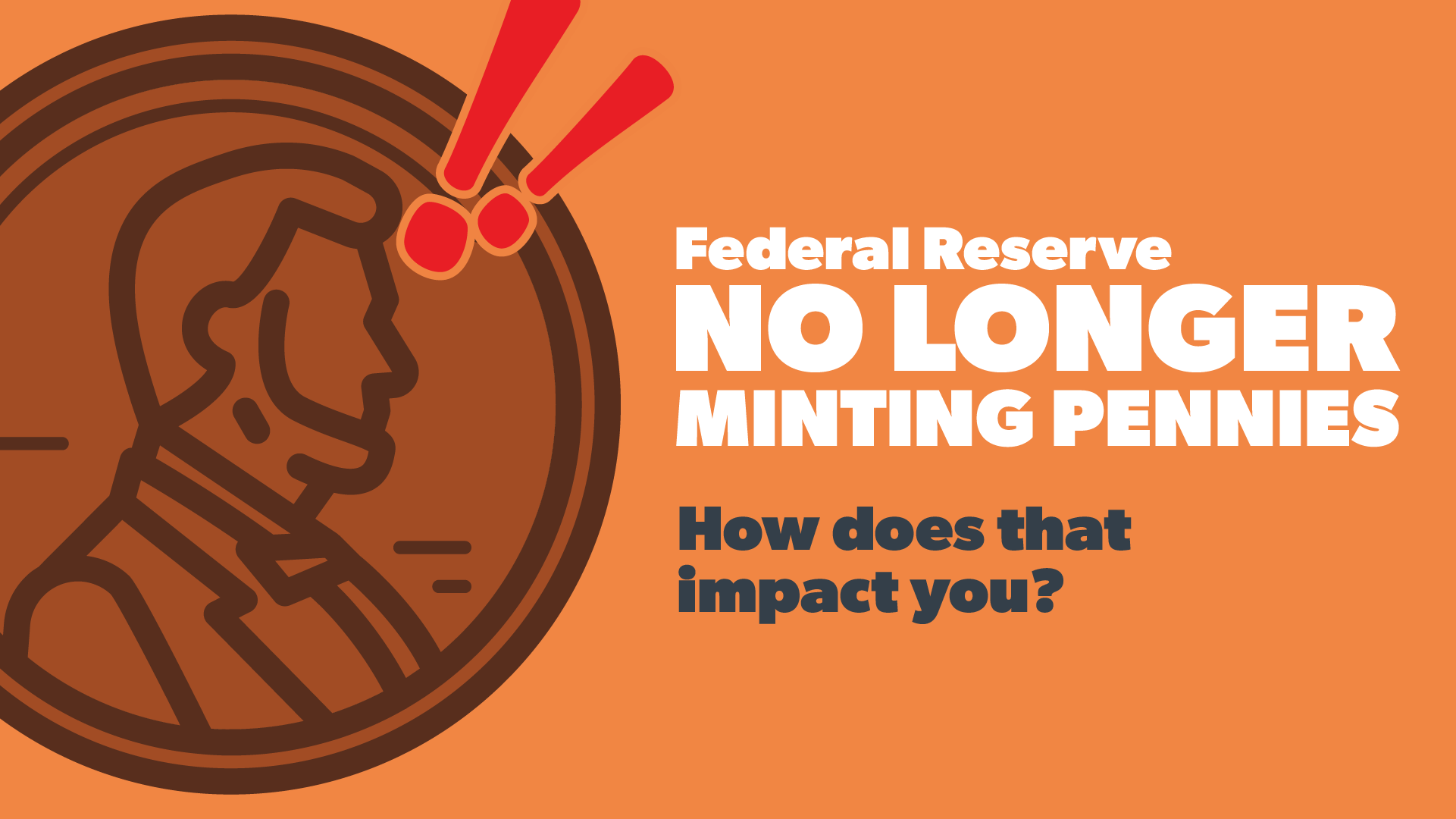Need a reliable way to finance your new home? Consider an FHA loan.
What are FHA loans?
FHA loans are mortgage loans backed by the Federal Housing Administration and are provided by an approved private lender or mortgage broker. These loans are a type of federal assistance primarily geared toward new homeowners and you cannot have more than one FHA loan at any time.
FHA loans are different from your more conventional mortgage loans. Just know that FHA loans are meant to serve new homeowners who may not be able to afford the down payment of more conventional mortgage loans. While this is certainly the primary purpose of an FHA loan there are many other benefits to enjoy.
What are the benefits of an FHA loan?
An FHA-approved lender will offer lower down payments (as little as 3.5%) to people with credit scores of 580 or higher. The minimum credit score eligible for an FHA loan is 500 with a 10% down payment. More importantly, applicants who have credit problems or have experienced a foreclosure can still qualify for an FHA loan. Recipients of an FHA loan pay the same mortgage insurance premium regardless of their credit score.
Alternatively, those who have a very high rate of income are just as eligible to apply because an FHA loan has no income limit.
When it comes to the actual home you’re looking to finance, FHA loans are applicable to a variety of housing types. From condos to bungalows, single-family to multi-family, FHA loans are applicable to a wide range of options.
Certain individuals who are interested in buying a home in need of some repairs would be interested in applying for an FHA 203(k) loan. This loan is meant for homeowners in need of funds for major home improvements and/or repairs.
FHA loans are also available to those who have a higher debt-to-income (DTI) ratio. To find your debt-to-income ratio, divide your total monthly debt payments by your gross monthly income.
Your DTI ratio can be up to 43% and still qualify for an FHA loan, although some lenders will accept higher DTIs. In contrast, individuals with higher DTI ratios will also need respectively higher credit scores (740+) to be eligible for conventional loans.
Another perk to be aware of is that borrowers of an FHA loan can receive monetary gifts to assist with down payments. Relatives, close friends, employers, unions, and charitable organizations are all acceptable sources of monetary assistance.
While all these benefits are attractive, keep in mind that there are some eligibility requirements that need to be met.
What are the requirements for an FHA Loan?
First and foremost, FHA loans require that the borrower’s home be “owner occupied” for at least a year. That means the house being financed must be the primary residence of the borrower. Rental and seasonal properties do not apply. (In addition, check to see if there are county loan limits that could apply.)
Other requirements include:
- You should have 2 years of steady employment and income, preferably with the same employer.
- Have less than two (30-day) periods of late payments on your credit report.
- If you have declared bankruptcy, it was at least 2 years ago.
- If you have experienced foreclosure, it was at least 3 years ago.
What you need to apply for an FHA loan:
Here is a list of documentation requested by FHA-approved lenders:
- Applicant’s current gross monthly salary.
- The addresses of all the applicant’s residences over the past two years.
- Social Security number.
- Employers’ names over the past two years.
- W2 forms for the past two years and current paycheck stubs.
- Names, addresses, and account numbers with balances on all checking and savings accounts.
- Students will need evidence of enrollment. (If you have student loans, you need to provide verification information).
- Addresses and loan information of any other real estate owned by the applicant.
- Self-employed individuals will need personal tax returns for the past 2 years with a current income statement and balance sheet.
Please note: This information is designed to offer a general understanding of common financial terms and practices and should not be considered financial advice from Charter Oak Federal Credit Union. Every individual has different financial needs and goals, which should be discussed with a financial professional.




